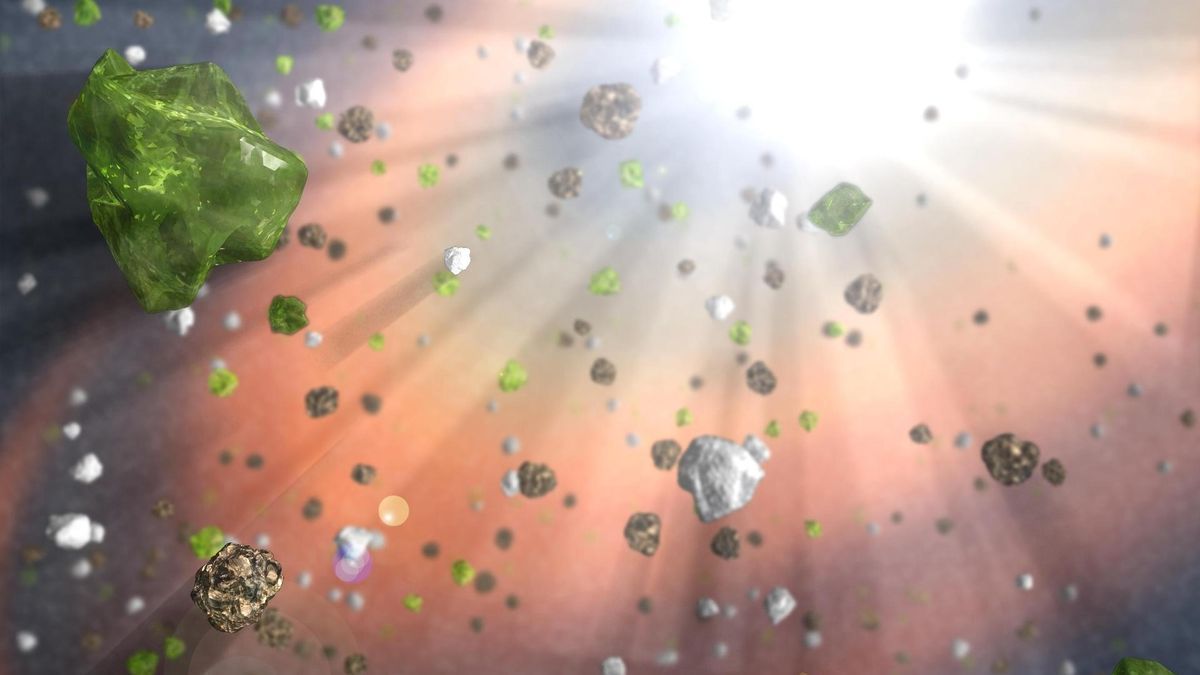Ghost Particles: New Preprint Study Suggests TheyCould Hold Key to Universe's Baryogenesis and Dark Matter

In a groundbreaking preprint study recently published on the arXiv server, researchers suggest that a hidden family of "ghost particles" known as neutrinos could be responsible for the abundance of matter in the universe and the existence of dark matter.
The problem of baryogenesis, where there is an imbalance of matter over antimatter particles, has long puzzled cosmologists. The leading hypothesis is that some unknown process led to this imbalance in the earliest moments of the Big Bang. However, what could have caused this process?
According to the new study, the answer may lie with neutrinos – tiny particles with unique properties. With just a slight bit of mass and all being "left-handed," neutrinos interact differently with other particles than their left- and right-handed counterparts.
The researchers proposed a model where two right-handed neutrino species are present, which eventually disappeared from view due to the breaking of symmetries as the universe expanded and cooled. However, this cataclysmic shift had far-reaching consequences, including throwing off the balance between matter and antimatter and creating an entirely new particlecalled the Majoran.
The Majoran is a hypothetical particle that is its own anti-particle, making it a strong candidate for dark matter. According to the researchers, a single mechanism could explain both the strange properties of neutrinos and the existence of dark matter.
While there is currently no experimental evidence to support this hypothesis, the study suggests that future neutrino experiments like Super-Kamiokande and Borexino in Japan and Italy could potentially detect the Majoran's presence. If confirmed, this discovery would be a major breakthrough in cosmology and physics.
The prospect of solving some of the universe's greatest mysteries is exciting and brings us closer to unraveling the secrets of baryogenesis, dark matter, and the role of neutrinos in shaping our understanding of the cosmos.
